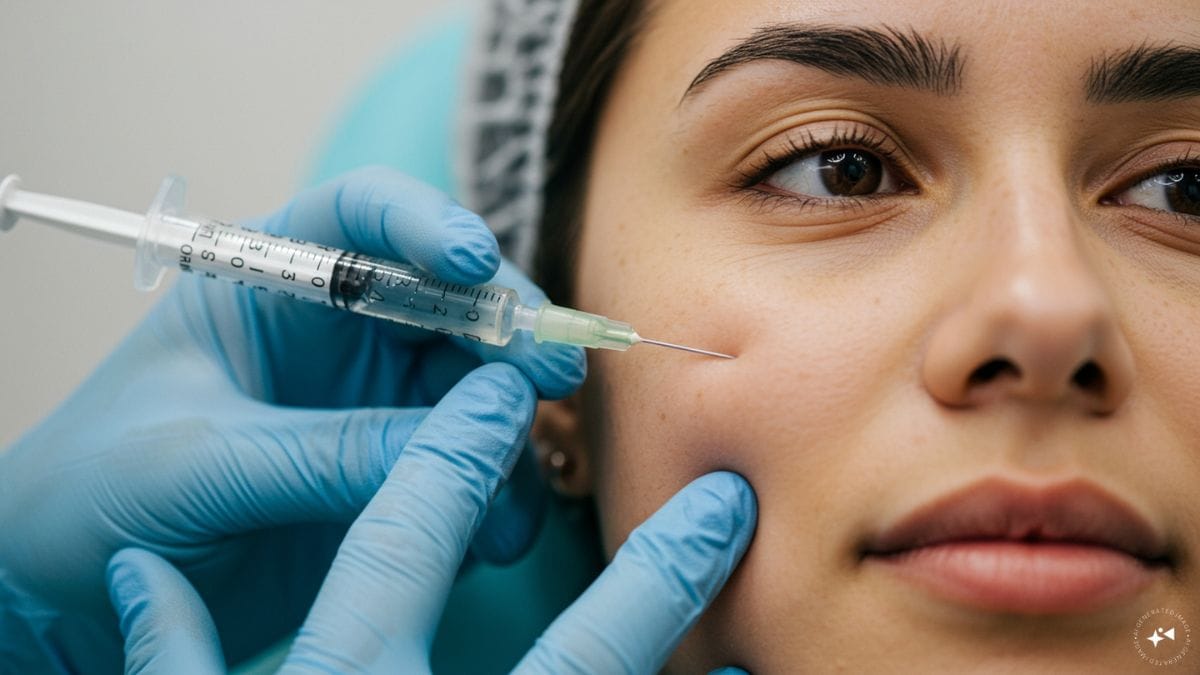The recent death of actor and model Shefali Jariwala has fuelled questions about the health risks linked to anti-ageing treatments. While the exact cause of her death is still under investigation, initial reports suggest that she had been regularly taking anti-ageing injections, including glutathione. In recent years, glutathione has been heavily promoted in beauty clinics for its skin-lightening and anti-ageing effects
read more
Once known among a small group of users, glutathione is now becoming popular with people in urban areas looking to improve their health and appearance.
This rise in demand is largely because it is being used for lighter skin, a glowing look and a younger appearance. But how safe is it really?
With social media constantly pushing agelessness, many now feel the need to look youthful at any cost. This pressure has led people to try different methods to delay signs of ageing in an appearance-obsessed world.
The recent death of actor and model Shefali Jariwala on the night of June 27 has also led to concerns about the possible health risks linked to anti-ageing treatments
. While the cause of her death is still being looked into, early reports say that Shefali had been receiving anti-ageing injections regularly, including glutathione.
So, what exactly are glutathione injections? And are they really safe?
Let’s take a look:
What is glutathione?
Glutathione is a natural antioxidant produced by the body. It helps clear toxins, supports liver health, and boosts the immune system.
In recent years, however, it has been heavily promoted in beauty clinics for skin lightening and anti-ageing, mainly through intravenous (IV) infusions.
These IV drips deliver glutathione directly into the bloodstream. The treatment is now a sought-after option in the skincare industry, known for its promise of reducing signs of ageing.
The drug is once again in the spotlight. This time, it is because of its possible link to the sudden death of Shefali Jariwala.
Dr Shankar Sawant, consultant dermatologist at SL Raheja Hospital, Mahim–Fortis Associate, told CNN-News18, “People want instant glow and fairness. While glutathione works as an antioxidant, patients often demand doses three to four times higher than normal for visible whitening results. That’s where the concerns begin.”
Is it safe?
Dr Ashish Kumar, senior consultant in cardiology at Amrita Hospital, warned about using glutathione and other IV drips without medical checks.
He told CNN-News18, “IV infusions, especially when taken without cardiac screening, can cause electrolyte imbalances, hypotension, and may even trigger cardiac events in vulnerable patients. The danger is often not the compound itself, but its misuse – high doses, fasting states, or concurrent medication use.”
Dr Sawant added that while controlled doses of glutathione, about 20 to 40 mg per kg of body weight daily, are generally safe, larger amounts can affect the heart, causing irregular heartbeat or sudden drops in blood pressure. These risks are higher for people with hidden heart problems.
“It’s important to remember that glutathione is not medically approved for skin whitening, only as an antioxidant. Those with cardiac issues should avoid IV infusions unless under strict medical supervision,” he said.
A woman from Mumbai recently accused a cosmetic clinic of negligence after undergoing glutathione drips.
“Everyone talks about the glow. No one talks about the side effects,” she told NDTV. “Someone needs to speak up. This isn’t just about money. I’ve lost my health. I’ve lost my job. And I’m not the only one.”
How did Shefali Jariwala die?
According to Mumbai Police sources who spoke to CNN-News18, Jariwala fainted due to low blood pressure before being taken to the hospital by her husband.
Her husband was accompanied by her parents and a house help when they rushed her to the hospital.
Though the postmortem report is still awaited, sources told the media outlet that the actor, known for her appearance in ‘Kaanta Laga’, had been taking anti-ageing medicines on her own for several years.
As the investigation continues, police reportedly found two boxes of medicines at her home in Mumbai.
They also found that on the day she passed away, Jariwala had eaten stale food and later taken her anti-ageing medicines.
Doctors at Cooper Hospital in Mumbai, where the postmortem was carried out, believe she may have gone into cardiac arrest due to self-medication, which could have led to her death, the report said.




















